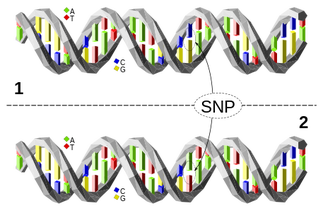1. Exercise on a regular basis.
2. Eat lots of fresh vegetables, fruits and whole foods (raw or prepared in a healthy way -- avoid eating processed foods!). Meats are a minor part by volume.
3. Avoid processed sugars and artificial sweeteners.
4. Limit intake of salt, sugar and alcohol.
5. Take a balanced set of vitamin and mineral supplements (unfortunately, our current crops of vegetables and fruits have been depleted of nutrients to help extend store shelf life).
6. Sleep 7 ½ to 8 hours a night. Stop watching stimulating screens at least 30 minutes before bedtime. Stop eating carbohydrate foods and alcohol two hours before bedtime.
7. Have your hormones evaluated and balanced. As people age, some may require a low dose of natural hormone supplements.
Over the past fifteen years, my quest has been to obtain a new view of the best way to not only help my patients, but also with my own pathway to health and longevity. I have been amazed at both the complexity and simplicity of that pathway.
There has been an explosion of detailed scientific research on the mechanisms of how our bodies work. Unfortunately, very little of that science trickles down to the mainstream medical community unless a new drug or product gets involved.
A single human cell can have thousands of receptors on its outer membrane, getting signals from thousands of messenger chemicals. DNA does not always determine how our bodies work — it is just the basic program. Complex interactions between DNA, messengers and programming compounds, a system called Epigenetics, determines what parts of our DNA, our Book Of Life, are turned on or off. Finding out what is going on (or going wrong) in a particular person can be very complex.
Individuals might have inherited peculiarities in their DNA called SNPs, Single Nucleotide Polymorphisms (pronounced like snips). These SNPs can either give strengths or problems that are unique to a family or individual. This is where understanding of the individual patient (not the big population statistics), becomes important.
In the future, genetic and chemical pathway testing will become more available and less expensive to enable honing in on special individual issues. Although these tests and possible therapies are much talked about as the wave of the future, they only figure in about 7% to 10% of health problems.
The 7 lifestyle points listed above will get you 90% of the way to better health.
To know everything about one person is extremely complex but most of what is needed to stay healthy is simple and applies to everyone.


 RSS Feed
RSS Feed